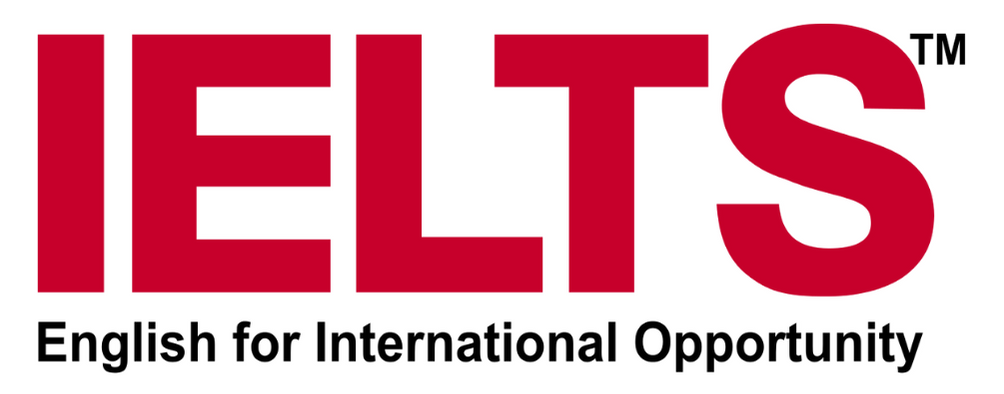Test information


IELTS can be taken on Paper or Computer
There are two versions of the IELTS :
The Academic Version is intended for those who want to enroll in universities and other institutions of higher education and for professionals such as medical doctors and nurses who want to study or practice in an English-speaking country.
The General Training Version is intended for those planning to undertake non-academic training or to gain work experience, or for immigration purposes.
IELTS is accepted by almost all Australian, British, Canadian, Irish, New Zealand and more than 1800 US academic institutions. It is also an acceptable English test for immigration to Australia, Canada, New Zealand and UK.
The IELTS Test Structure : The IELTS test comprises of four modules – Listening, reading, Writing and Speaking. Scores are reported in “Bands”for individual modules and overall test. All Candidates takes the same Listening and Speaking modules, while the Reading and Writing modules differ depending on whether the candidate is taking the Academic or General Training Versions of the Test.
Test Duration 2 hours 45 minutes : The First three modules –Listening, Reading and Writing (always in that order) – are completed in one day with no break in between. The Speaking Module may be taken, at the discretion of the test or on the following day.
| Listening | Reading | Writing | Speaking |
|---|---|---|---|
| 30 minutes | 60 minutes | 60 minutes | 11-14 minutes |
You will listen to four recordings of native English speakers and then write your answers to a series of questions.
Assessors will be looking for evidence of your ability to understand the main ideas and detailed factual information, the opinions and attitudes of speakers, the purpose of an utterance and evidence of your ability to follow the development of ideas.
The Reading section consists of 40 questions, designed to test a wide range of reading skills. These include reading for gist, reading for main ideas, reading for detail, skimming, understanding logical argument and recognising writers' opinions, attitudes and purpose.
Academic Test : Topics are of general interest to, and suitable for, test takers entering undergraduate and postgraduate studies or seeking professional registration. There are two tasks:
General Test : Topics are of general interest. There are two tasks:
Task 1 : you will be presented with a situation and asked to write a letter requesting information or explaining the situation. The letter may be personal, semi-formal or formal in style.
Task 2 : you will be asked to you will be asked to write an essay in response to a point of view, argument or problem. The essay can be fairly personal in style.
The speaking section assesses your use of spoken English. Every test is recorded.
IELTS is scored on a nine band scale, with each band corresponding to a specified competence in English. The Band scores are in either whole or half Bands.
|
9 Expert user |
8 Very good user |
7 Good user |
|
6 Competent user |
5 Modest user |
4 Limited user |
|
3 Extremely limited user |
2 Intermittent user |
1 Non user |
An IELTS result or Test Report Form (TRF) is valid for two (2) years . The current IELTS test fee is INR 17,000/-